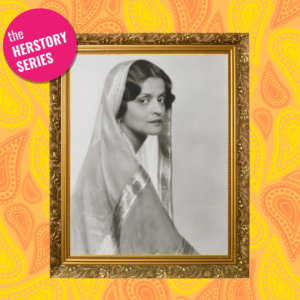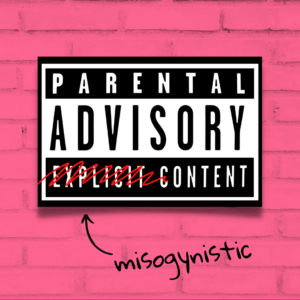This article refers to violence against women and the Muslim community, as well as Hindu Nationalist sentiment, these acts and ideologies do not represent the Hindu community as a whole. The author of this article is Hindu themself.
Just over a year ago, India overtook China to become the world’s most populous nation, and importantly, it retained its title of the world’s largest democracy. This year, just like the UK and the US, India is undertaking a general election, one that will shape the destiny of the Asian nation for the next five years.
India has already begun to vote, with the first of seven segmented rounds of elections taking place from the start of April with votes to be counted from the 4th of June.
What are the key issues in this election and how will they shape the living standards for women and minorities in India? This article will break it all down for you.
What’s the background going into this election?
India has been under the power of the Bharatiya Janata Party (BJP) for the last 10 years. Back in 2014, the party came to power in a massive landslide victory against the Indian National Congress Party (INCP), India’s former leading political party. The BJP’s victory was helmed by Narendra Modi, a man who has had a colourful past, to say the least.
Modi served as the Chief Minister for Gujarat, a state in Western India, from 2001 until his victory as Prime Minister in 2014. During his 13 years of leadership in Gujarat, he was heavily criticised for a lethargic if not purposefully hands-off approach to a collection of riots that took place in 2002 between Hindu and Muslim communities. During these riots, often described as pogroms, thousands of lives were lost and police were withheld from engaging. In Modi’s own words, he believed the Hindu community needed to express its anger before intervening. The Muslim community were disproportionately represented in the casualties.
During his political career, he has been instrumental in shaping the Hindu Nationalist identity of the BJP. Many now consider him, and his party by extension, to be a root cause for greater divisions in Indian society between the Hindu majority and other religious communities. This is especially true of India’s 204 million Muslims.
What is Hindu Nationalism?
Hindu Nationalism or Hindutva is the ideology that India needs to be a non-secular Hindu state and that Indian identity is innately connected to Hinduism. This ideology originated in India’s independence struggle and is controversial as it excludes non-Hindu Indians and is often expressed in militant ways. It has inconsistently been considered an extremist ideology by Western governments.
In recent years vigilante violence and legal restrictions against Muslims have created a climate of religious hostilities in India. The flames of division have been further fanned by the BJP’s stance on key issues of contention in Kashmir, around the controversial demolition of Babri Masjid in Ayodhya, and with their controversial amendments to citizenship laws making it harder for Muslims to emigrate to India from surrounding nations.
Who are the contenders?
Modi seeks to take a historic third term as India’s Prime Minister from his seat in Varanasi, a holy city for Hindus and a strategically symbolic seat. His main opposition comes in the form of the Indian National Developmental Inclusive Alliance (INDIA), a coalition of regional parties mainly from outside of India’s ‘Hindi Belt’ and the INCP. In the last election, the Alliance failed to take enough seats to challenge the BJP. Led by Rahul Gandhi, the INCP and the INDIA alliance need to claim a whopping 221 seats to defeat the BJP.
The alliance has struggled to gain their footing in this election as the BJP continues to maintain popularity in heavily populated states across North, Central, and Western India. The INCP historically has a stronger position in urban areas but this is set to be challenged in this election. They also have a stronger position with minority groups and in non-Hindi-speaking areas.
Will women make or break this election?
India’s female population will largely shape the direction of the 2024 election, as more women come to the polls than ever before. In 2019, the last Indian general election, for the first time more women than men cast their vote, and it is anticipated that this trend will continue in this election.
In reaction to the growing voter presence of women in India, the BJP has quickly rolled out policies such as extending statutory maternity leave from 12 weeks to 26 weeks. While this is an improvement that will enable more women to engage in the Indian economy and job market, some remain sceptical about the BJP’s true intentions with its female voters. This is paired with longer-standing initiatives to provide over 100 million women in rural communities with gas-operated cookers and indoor plumbing.
Despite these moves, the BJP is plagued by an underlying patriarchal ethos that is largely connected to its origins in Hindu Nationalism. Various BJP politicians have been accused of sexual assault, something that BJP internal investigations have largely covered up. They have even actively endorsed politicians with proven sexual assaults to their name such as Prajwal Revanna. Unfortunately, politicians from other parties have also been accused of sexual misconduct. India is a country with significant challenges surrounding women and sexual violence, and all sides of the political spectrum seem to be struggling with divorcing themselves from the controversy around this issue.

Women, particularly those in India’s central Hindi Belt region, largely align with the BJP despite its controversial stances on minority rights and a litany of sexual assault accusations. Largely this is because of women-centric policies aimed at rallying female voters, but also because many women in Northern India are aligning themselves with Hindutva ideology. Women are also more likely to vote BJP in split-vote households, meaning that swing seats are possibly going to be decided by the women’s vote.
Are women being overlooked?
While women are a significant force in this election, many argue that the hot-button issues of this election lie with religious minorities in India, economic policies, and temple politics. All political parties are seeking to engage with women but not as a central point of focus. This may prove to be a fatal error for many smaller parties and the opposition, who need to exercise a significant amount of focus on rallying women to hope to disrupt the status quo of BJP rule over India.
Issues like sexual violence and broader violence against women have been featured in the election campaigns of all major parties, but these issues remain secondary to other social and economic points of contention.
What about minorities?
India is set to overtake Indonesia as home to the majority of the world’s Muslims in the next few years. Currently, Muslims comprise 14.2% of the Indian population and face significant challenges in the country. Across India, but particularly in BJP stronghold states, Muslims are often at risk of religiously motivated violence. This can come in the form of beef vigilantism, lynchings, targeted rape and sexual assault, and desecration of religious sites. In recent years BJP politicians have even suggested demolishing the Taj Mahal due to it being an Islamic site.
This election is considered by many within the Indian Muslim community to be the make-or-break decision that will define their social mobility and safety for the next 5 years. Since Modi’s initial 2014 victory violence against Muslims in India has skyrocketed, this is largely due to Islamophobic rhetoric from the BJP and allied organisations. This rhetoric centres around designating Muslims as un-Indian and a threat to Hindu culture. There is also frequent sentiment connecting Indian Muslims to Pakistan, India’s long-standing rival and hostile neighbour state in the wider South Asian region.
Modi has also accused the INCP of planning to defund support for Hindu and Adivasi (tribal) communities and redistribute funds towards the Muslim community. He further added that he considered Muslims to be ‘infiltrators’ who ‘have more children’. These claims have been denied by the INCP, but the impact is still felt as the seeds of religious intolerance continue to be sown.
Additional challenges are facing India’s other religious minorities, namely India’s Christian community and Sikh community who face their own barriers under BJP rule.
How are Muslim women being impacted?
Muslim women in India stand on the frontlines of the continuing religious conflict that is impacting the country. They are often targeted by Hindutva groups, often to use them to humiliate the Muslim community. Muslim school girls in many parts of India have been targets for wearing the hijab and have been harassed, and even sexually assaulted by groups of Hindu men. Muslim women have also been raped by Hindu men as a way of damaging their position within their communities and as a tool of religiously motivated vigilante violence.
Women being targeted in sectarian conflict in South Asia is nothing new, many women were victims of violence, abduction, rape, and murder during the partition of India in 1947. In recent years Hindu nationalist men have developed a practice called Ghar Wapsi (meaning to return home), this is often in the form of abduction or rape of Muslim women who are then at risk of rejection from their communities. In many of these cases, the victim will be forced to marry their attacker and forcibly converted to Hinduism. It is important to note that one of Hinduism’s few ubiquitously accepted rules is that forced conversion and proselytisation are sinful.
How is the election likely to turn out?
The BJP remains the most likely party to be victorious as the votes are counted, though some suggest that lower voter turnouts and growing frustrations at the margins of their strongholds will challenge their ability to see a landslide as they have in previous years.
On the other hand, many predict that another disappointing loss for INDIA and the INCP will result in defections to the BJP both from voters and politicians. This is largely attributed to the fact that INDIA has struggled to find its footing in this election and has proposed some very ambitious policies around economic reform that have alienated many urban centre voters, their historically stronger voter base.
What will another five years of the BJP mean for India?
The continued rule of the BJP will likely make India an increasingly more difficult place to be a minority, particularly for those belonging to the Muslim community. Already the party plans to introduce a uniform civil code, removing different family laws for each religious community. This move is controversial to some as it will disproportionately impact Muslims again as they would no longer be able to practice polygamy and other cultural practices that form part of their cultural identity. It is also likely to further widen divisions between religious groups in India, with hate crimes against Muslims highly likely to continue increasing as trends have shown since the BJP’s initial 2014 victory.
It will also likely mean the potential furthering of women-centric policies that target women in rural communities. India’s rural communities still experience high levels of poverty and it is likely to be a key aim of the BJP to leverage poverty alleviation as a central part of their desire to shore up Hindu votes across fragmented and underdeveloped communities.
Outside of the Hindi Belt there are expected gains for regional parties, particularly those active in Eastern and Southern India. These parties often have alignment with one of the two leading parties (BJP or INCP), but largely are concerned with their own issues and regional needs.
















